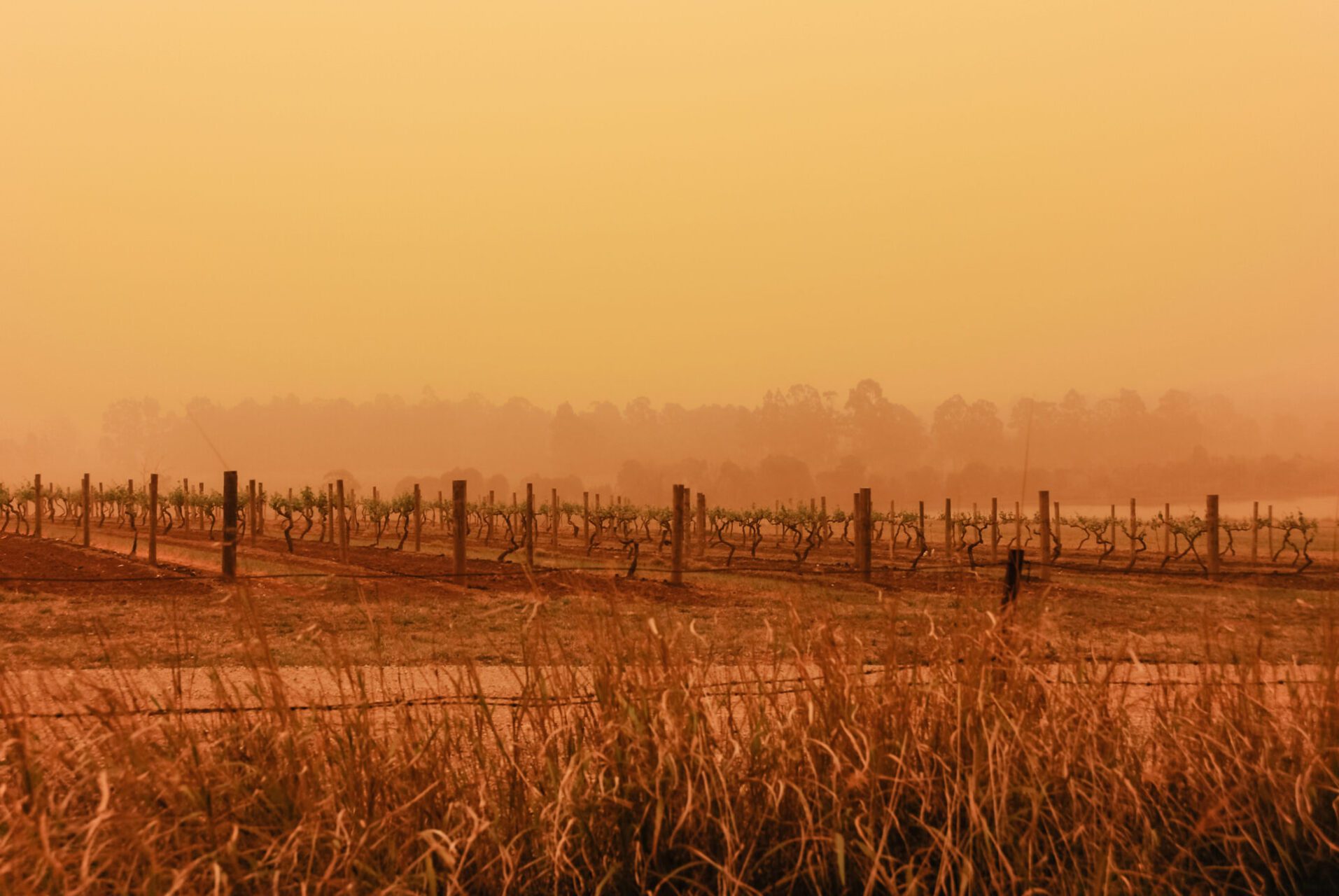Resilience has been identified as one of the four key regional themes in the Hunter JO Strategic Plan 2032.
The Hunter is predicted to experience increased extreme weather and natural disasters, with the effects of this already impacting the region. Many of the region’s communities are struggling to recover from the continual and combined impacts of more frequent and severe natural disasters.
The Hunter JO’s resilience program aims to respond to the increasing risks and effects of climate change and enable Councils to increase resilience and embed place-based solutions and responses through the region. Scroll down to find out about our current disaster resilience work, including:
- Disaster Risk Reduction
- Transforming Resilience through the IP&R Framework
- Simtables
- Disaster Resilience Resource Library
Transforming Resilience Through the IP&R Framework
The Transforming Resilience through the IP&R project aims to provide an innovative approach to support bushfire affected member Councils embed resilience principles and projects into their IP&R, which in turn will provide Councils the ability to allocate recurrent funds and commit to long term resourcing (financial and staff) for resilience projects. It will also identify gaps in resourcing which could potentially be used as a basis for Hunter JO advocacy on disaster resilience support for the region.
The key project components include:
- Resilience IP&R Support Package
- Resilience Resource Sharing review
Resilience IP&R Support Package
The Resilience Integrated Planning and Reporting (IP&R) Support Package aims to supports Councils’ and their communities’ resilience journey by providing user friendly, practical tools and templates to embed resilience as business as usual through the IP&R process and the development of their Community Strategic Plan (CSP), Delivery Program and Operational Plan.
This Support Package was prepared by Hunter Joint Organisation for the 11 councils in the Hunter and Central Coast region. During the preparation, consultation was held with representatives from councils’ governance staff, resilience staff, executive leaders, Resilient Sydney, Office of Local Government and NSW Reconstruction Authority.
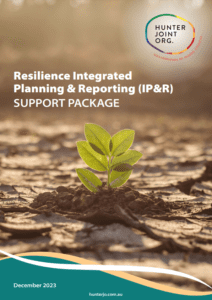
To support the Resilience IP&R Support Package, we have also provided the following:
- Summary Factsheet – Resilience IP&R Summary
- Factsheet – Resilience IP&R Package Information for Users
- Presentation template – Councils’ Resilience Commitments
Resilience Resource Sharing Review
To effectively respond to and recover from natural disasters, councils need access to a range of resources, including personnel, plant and equipment. Hunter and Central Coast councils identified an opportunity to better support each other during and after disasters by more effectively sharing resources. A formalised resource sharing arrangement can increase efficiency for information sharing of personnel, plant and skills to supports LGAs most in need.
The Hunter and Central Coast Resilience Resource Sharing Review sought to further test the idea of regional resource sharing and the logistics required to set up governance arrangements. The Regional Resilience Resource Sharing Review factsheet provides an overview of the process and next steps.
This is a Bushfire Community Recovery and Resilience Fund project through the joint Commonwealth/State Disaster Recovery Funding Arrangements.
Although funding for this product has been provided by both the Australian and NSW Governments, the material contained herein does not necessarily represent the views of either government.
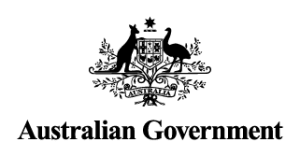
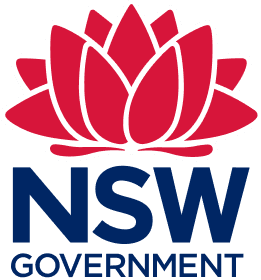
Disaster Risk Reduction
The Disaster Risk Reduction project is about ‘Reducing regional disaster risk through early action: Place-based collaboration in the Hunter and Central Coast’.
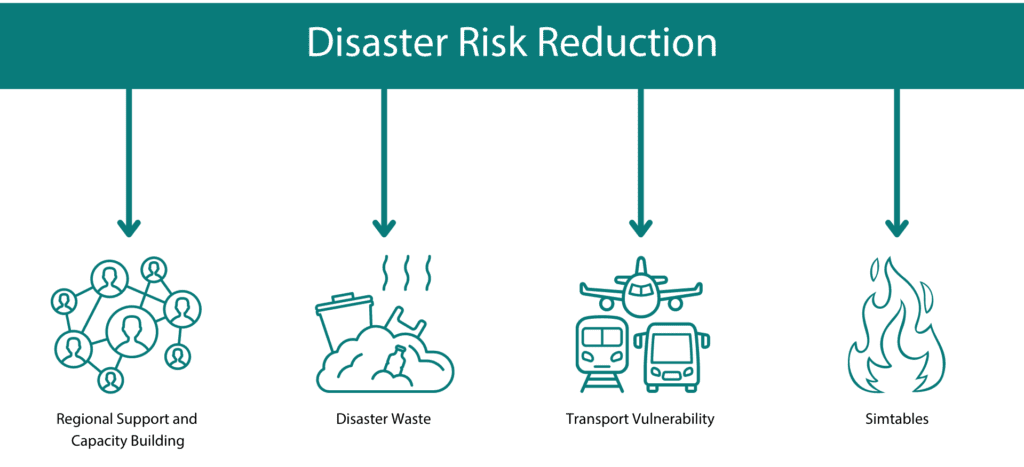
The project is made up of the following four sub-projects:
- Regional support and capacity building: Building community disaster resilience capacity and capability in Councils through collaborative support and training resources, helping embed place-based solutions in the region
- Disaster waste management and resource recovery preparedness: Understanding disaster waste needs and risks in the Hunter and Central Coast, and preparation of a regional support package to assist councils to plan for effective disaster waste management
- Regional transport and connectivity vulnerability assessment: An assessment of the risks posed to Hunter and Central Coast region’s transport networks by natural disasters, and the actions and partnerships required to mitigate these
- Simtables for multi-hazard disaster engagement: Community engagement using the Simtables, to help vulnerable communities across the Hunter and Central Coast to understand and take action to reduce multi-hazard disaster risks
If you are interested in joining our Hunter JO Resilience Network or want to keep up to date with any of these sub-projects, please contact resilience@hunterjo.com.au.
Funded under the joint Australian Government – NSW Government National Partnership Agreement on Disaster Risk Reduction.

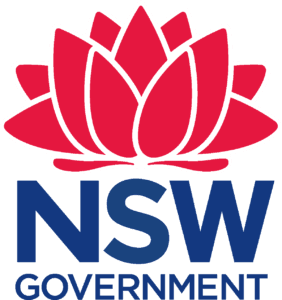
Simtables for Disaster Engagement
The Simtables for Disaster Engagement project provides the Hunter and Central Coast region with two state-of-the-art simulation tools to help communities understand and prepare for natural disasters. Sophisticated “digital sand tables”, Simtables display spatial data (maps) with a focus on natural hazards, especially bushfires. They are being used in workshops across the Hunter and Central Coast to improve community awareness of these hazards and how best to respond.
To find out more, visit the Simtables page.
Want to Know More?
Head to our Disaster Resilience Resource Library for previously completed work and community resources.
If you have any questions on our disaster resilience work or wanted to discuss future opportunities, reach out to resilience@hunterjo.com.au


